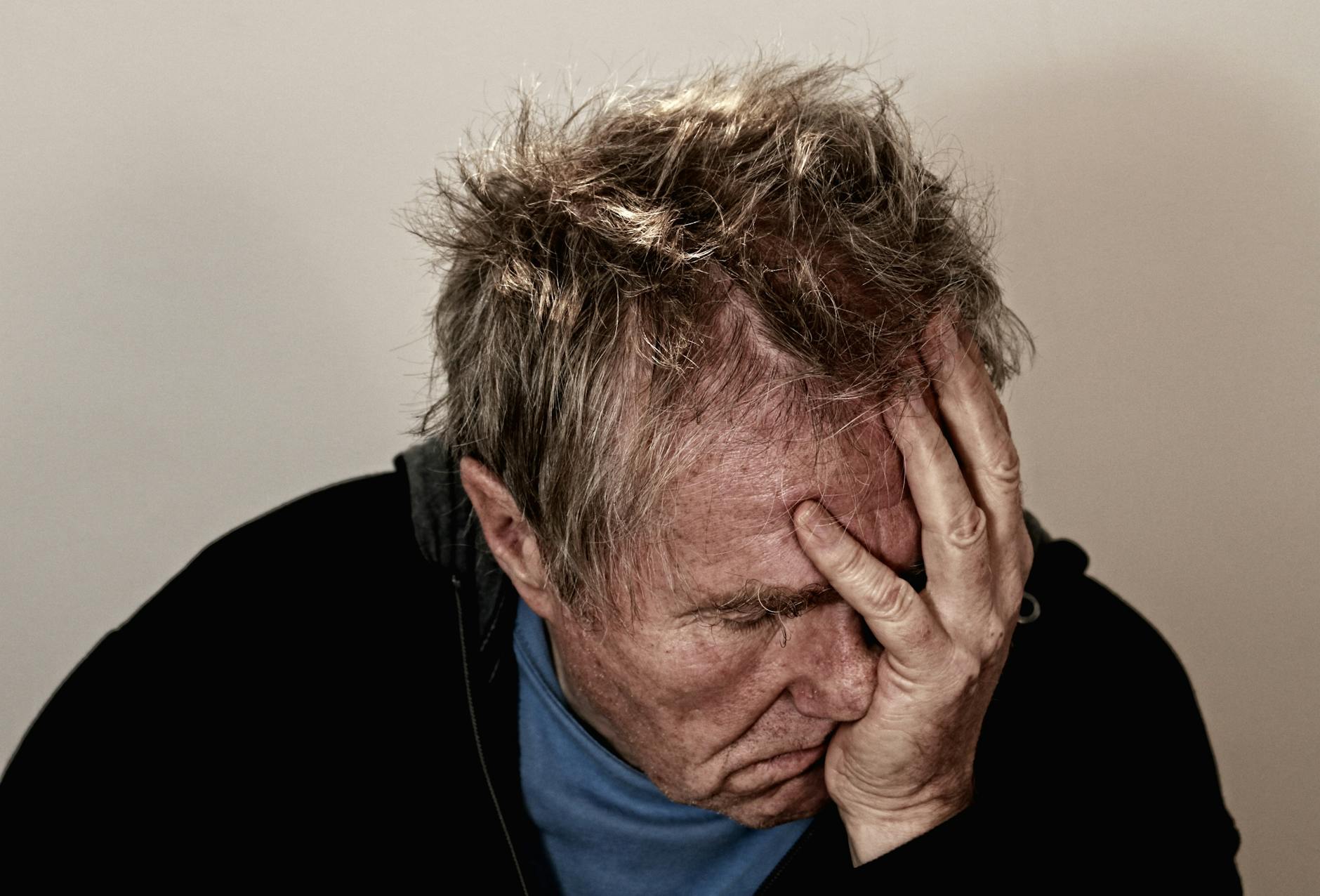It’s that time of year again when ‘norovirus’ can strike, leaving you feeling pretty wretched for a few days and needing to stay close to the bathroom.
Also known as the ‘winter vomiting bug’, norovirus can actually be caught at any time of year, but it is more common in winter and tends to peak at the beginning of the coldest season. One of the most common stomach bugs in the UK, it causes vomiting and diarrhoea and is easily spread so that it often occurs in clusters, such as at a particular school, workplace or hospital.
 Although norovirus can be very unpleasant, it usually clears up by itself in a few days and requires only basic treatment. However, it can be more serious in people who already have an underlying health condition, are generally frail or who live alone and struggle to look after themselves. While most people will recover quickly, norovirus still leads to around 64,000 people being hospitalised in developed countries each year.
Although norovirus can be very unpleasant, it usually clears up by itself in a few days and requires only basic treatment. However, it can be more serious in people who already have an underlying health condition, are generally frail or who live alone and struggle to look after themselves. While most people will recover quickly, norovirus still leads to around 64,000 people being hospitalised in developed countries each year.
For that reason, it’s important to be aware of norovirus, both for yourself and your loved ones, but also to look out for elderly neighbours or friends.
Symptoms of norovirus include suddenly feeling sick, followed by projectile vomiting and water diarrhoea, sometimes with several episodes of either or both. Some people also experience painful stomach cramps, a slight fever, headaches and aching limbs. These symptoms appear one or two days after you’ve been infected by norovirus and usually last two or three days. However, it’s important to stay off work or school, or generally not to mix with other people for a couple of days after the symptoms have cleared up, to avoid passing the bug on to other people.
You don’t normally need to see your GP if you think you, or a loved one, has norovirus. There’s no cure for it, antibiotics won’t work and it just has to run its course. If you visit your local GP surgery you might put others at risk of catching it. However, you could telephone your GP for advice or ring the free NHS 111 advice line. You should seek medical advice if you or the person infected has an underlying medical condition which makes them more vulnerable to infections, or if the symptoms don’t improve after a few days.
Otherwise, the best thing to do is stay at home, keep warm and drink plenty of fluids to avoid dehydration. Your body needs the extra fluids to replace those lost through vomiting and diarrhoea. As well as water you can try hot drinks, soup or fruit juice. Special rehydration drinks made up from sachets are available from pharmacies if you become dehydrated.
You can also take paracetamol to ease aches and pains, or anti-diarrhoea and anti-vomiting medication for adults, but you might need to check first with your GP that these medications are suitable for you and don’t clash with any other regular medication you are taking. Once you feel like eating again, start with plain foods such as rice, pasta, soup or bread.
While you’re ill it’s important that you wash your hands regularly with soap and water to avoid spreading the virus. Similarly, if you’re caring for someone with norovirus you should wash your hands regularly and even consider wearing a disposable surgical facemask while in close contact with them, as there is a risk of inhaling the virus
A person with norovirus is most infectious from the time their symptoms begin to around 48 hours after they have passed. You can also catch norovirus more than once, as the virus is constantly changing, so it’s important to maintain good hygiene, especially if you’re handling or preparing food.
It is almost impossible to completely eliminate the risk of catching norovirus or passing it on to others, but there are various ways to reduce the chances:
- Wash your hands thoroughly and regularly with soap and water, especially after using the toilet or before handling food.
- Don’t rely on alcohol-based hand sanitising gels, as they don’t kill the virus.
- Disinfect any surfaces that are likely to be contaminated using a bleach-based household cleaner.
- Don’t share towels or flannels
- Wash any contaminated clothing or bedding separately on a hot wash.
Remember, while norovirus should usually clear up by itself in a few days, it’s important not to underestimate its potentially more serious effects on someone who is already weak or frail, or has a medical condition which makes them more vulnerable. If you are at all concerned, call the free NHS non-emergency number, 111, for expert advice. It’s available 24 hours-a-day, 365 days-a-year.
